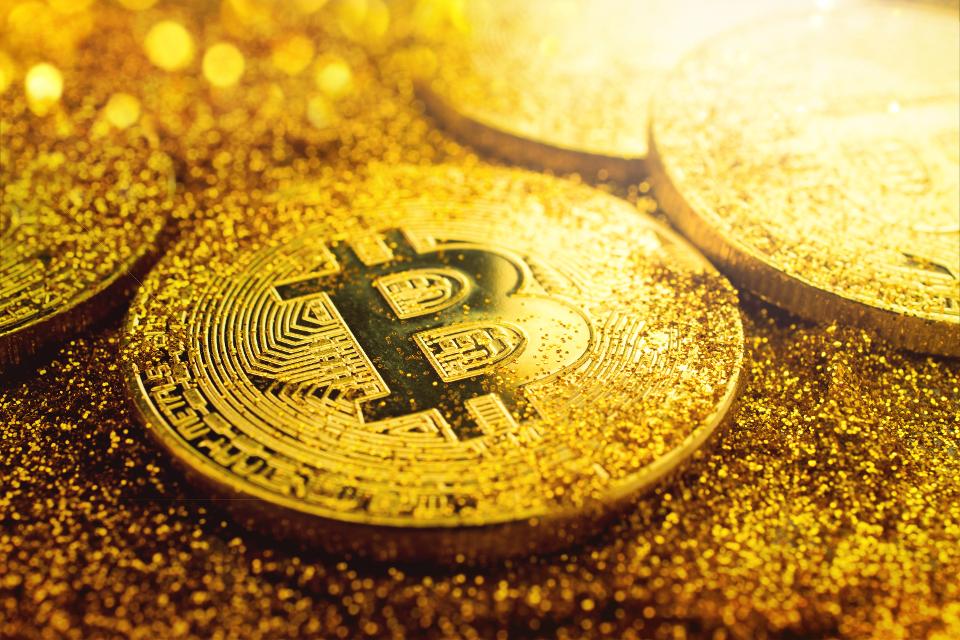Russia continues to be all over the map when it comes to committing to a single crypto path for the future. Reports from so-called insiders have suggested that the government had been moving towards a central bank controlled digital currency, which Vladimir Putin supposedly approved as a way to settle with Iran and avoid sanctions, but this train has not left the station. A Russian economist then mislead the crypto media with his version of “fake news” by claiming that the government was on the verge of buying billions of dollars worth of Bitcoin. The news today is that the Bank of Russia wants a Gold-backed cryptocurrency for purposes of international settlements, but nothing else.
Last January, we reported that an insider close to the “crypto action in the Kremlin” was of a mind that:
A crypto-ruble, the way it was explained in the Duma, will not be open to the general public to mine, it will be managed by the central bank, it will be available to international buyers and traders, as well as Russian citizens. It will be backed up the way the ruble is backed up — by the faith and trust in the central bank of the Russian Federation…It needs to be regulated, its volume has to be controlled, and that’s the only responsible way to go forward.
This approach seemed logical and was believed to have received support directly from Vladimir Putin, but today’s comments by a Russian central banker seem to negate this notion. According to Russian news outlet Tass, central banker Elvira Nabiullina was “cold to the idea of government-backed crypto”. Her direct comment read:
We are generally opposed to cryptocurrencies being launched into our monetary system. We do not see the possibility that cryptocurrencies could act as monetary surrogates. Definitely not in this part.
Russia may also be reviving the idea of a total ban on cryptocurrencies, which the central bank has supported in the past. Digital regulations continue to be up in the air, but the latest draft may be one that “precludes normal people from acquiring and trading cryptos.” Per one news outlet: “Russia’s digital regulations are also in a state of flux, with a “digital iron curtain” – not unlike the Chinese “great firewall” – that would enable the country to essentially turn off the internet.”
Crypto enthusiasts that wish to see Mother Russia adopt a more crypto-friendly stance may need to step back a moment. State requirements for settling international deals without the impact of debilitating sanctions seem to be of first priority. Commerce with China, Russia, the Stans, Iran, and other outsiders of mainline geopolitics must have a way to take place and in a way that the Bank of Russia can accept.
If there is to be hope, as little as it may be, then Russia’s membership in the Eurasian Economic Union (EAEU), a group patterned after the EU, might hold promise. The members of the EAEU include Armenia and former Soviet-bloc countries. This group is in the process of reviewing the possibility of settling accounts between members with cryptos.
Tatyana Valovaya, the Minister of Integration and Macroeconomics for the EAEU has this to say on the topic of cryptocurrencies:
We have prepared an analytical report and will present it soon, that will analyze what cryptocurrencies are, what is happening in the world, what approaches countries have, what regulation is provided. […] If the trend of cryptocurrencies and blockchain development is picking up pace, we have to realize that.
The debate about cryptocurrencies and blockchain technology has been ongoing for quite a few years. Nearly every country on the planet has recognized the potential of both and is in the process of or, as is the case of those several countries that have wished to attract crypto entities to their homelands, has already adopted crypto accommodating rules and regulations. China, India, and Russia remain as three large stumbling blocks in the way of crypto progress, but time will tell if these three nations choose to sit on the crypto sidelines indefinitely.
